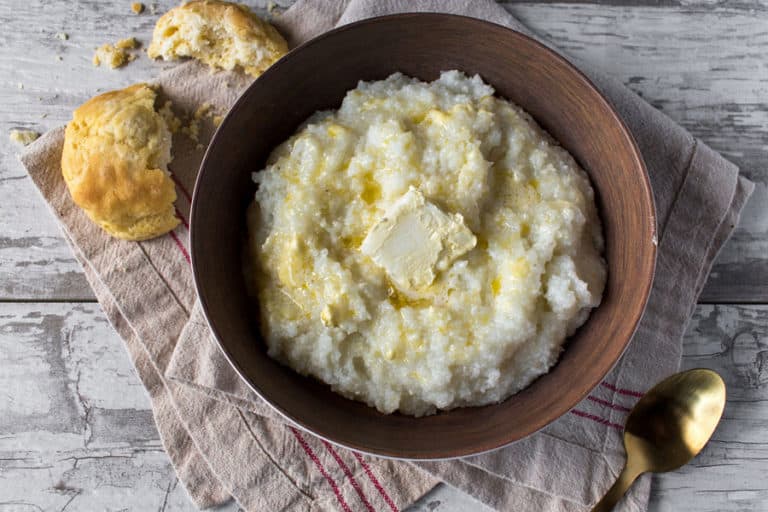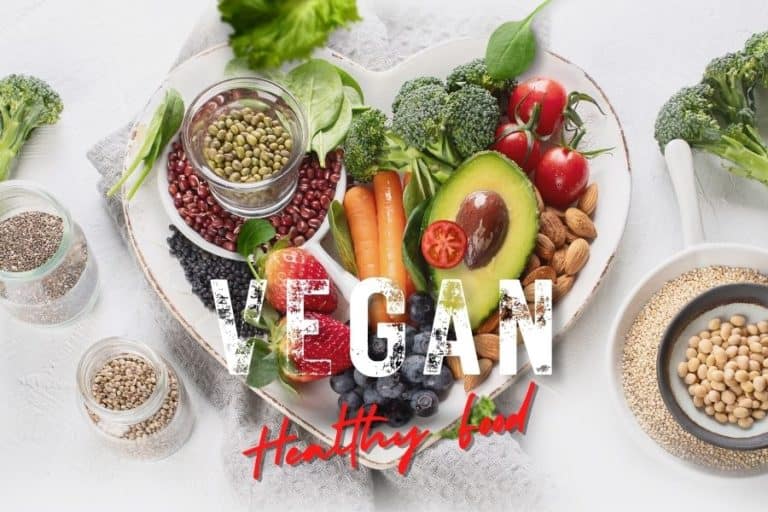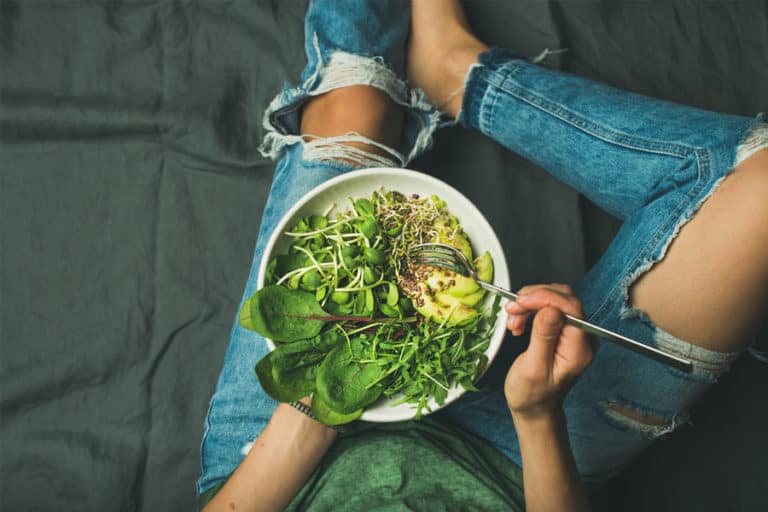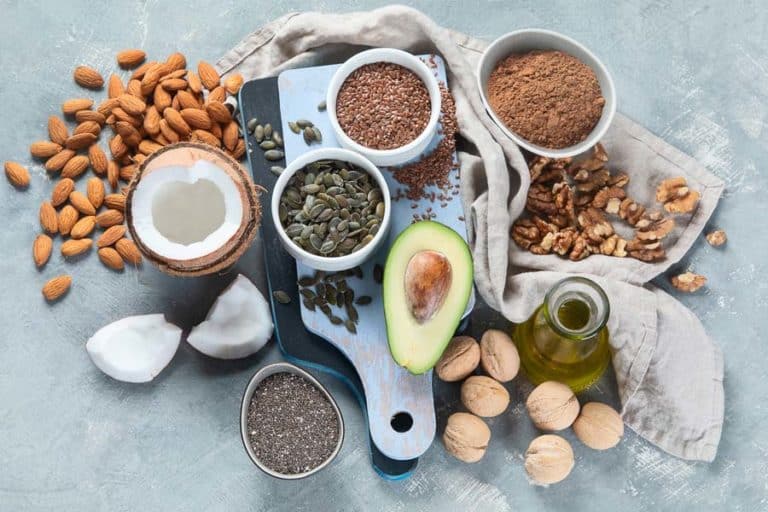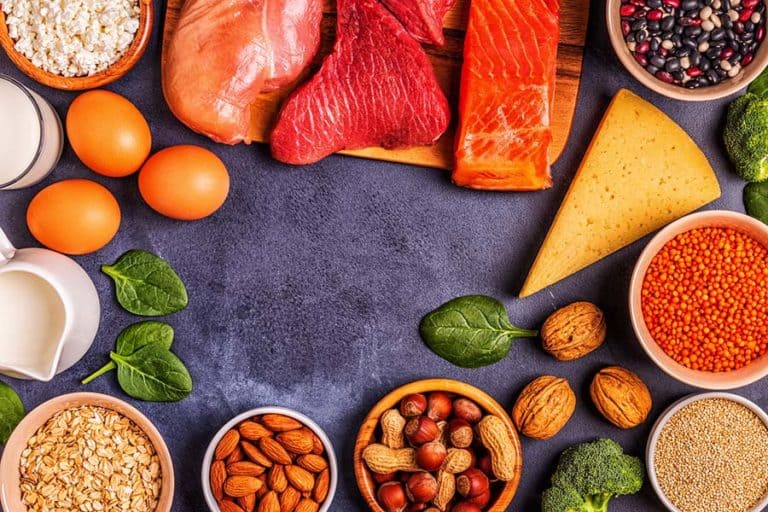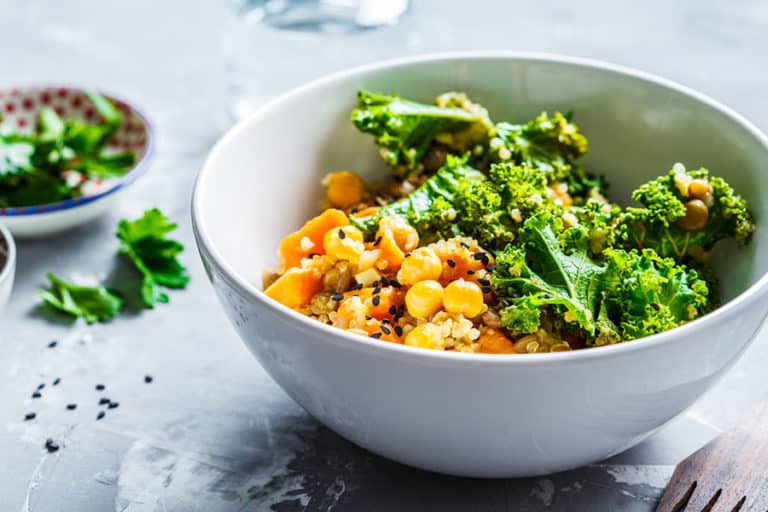11 Best Vegan Protein Sources: Foods, Superfoods And Supplements
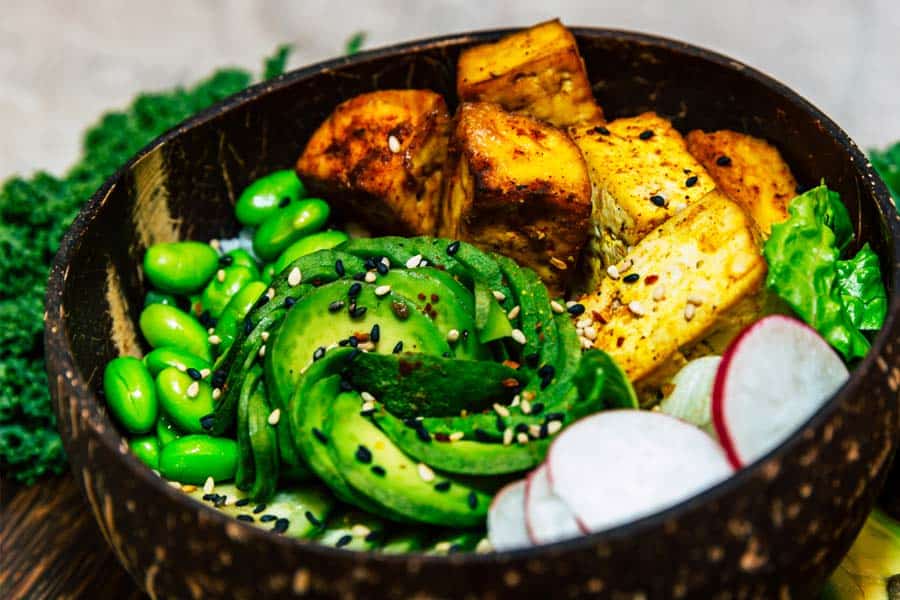
Vegan Protein | Vegan Protein Foods | Tips | Protein Supplements
Protein is an important macronutrient that plays a vital role in many bodily functions. It is essential for cell repair and growth, hormone production, and immunity.
Generally, vegans are at risk of protein deficiency since their diet may not include some of the most common sources of dietary protein. However, developments in dietary science have identified or developed healthy vegan protein sources.
With careful planning and an informed selection of protein-rich foods, vegans can also meet their required daily amount of proteins. You can include a variety of plant-based foods, legumes, nuts, seeds, grains, and vegetables that are high in protein. You can also take a vegan protein supplement if needed.
Vegan protein: Overview
Contrary to popular belief, protein is not just found in meat and animal products. Plenty of vegan protein sources can help you meet your daily protein needs.
However, you must consciously include these foods in your vegan diet as they are not as prevalent as animal-based protein sources.
Are vegan proteins complete proteins?
A complete protein contains all nine essential amino acids. These are amino acids that your body cannot produce on its own and must be obtained through diet.
A common misconception is that only animal-based proteins are complete proteins. However, this is not true. In fact, many plant-based proteins are also complete proteins. Plant foods such as quinoa, soybeans, and chia seeds are all complete proteins.
Best vegan protein foods
There are a variety of vegan protein sources that can help you meet your daily protein needs. Here are some of the best high-protein vegan foods:
1. Tofu
Tofu is derived from soybean milk and is an excellent source of protein for vegans. It is an excellent alternative to dairy products and can be used in various recipes. 100 grams of tofu contains about 8 grams of protein.
2. Quinoa
Quinoa [1]Harvard T.H. Chan: Quinoa is a complete protein, meaning it contains all nine essential amino acids.
Quinoa is a versatile dish that can be used in various recipes, such as salads and soups, or as a replacement for rice. One cup of quinoa contains 8 grams of protein.
3. Oats
Oats are also a good source of protein and minerals. One cup of raw oats contains about 13 grams of protein.
According to a study [2]National Library of Medicine: A Review of Health-Beneficial Properties of Oats on the properties of oats, the consumption of oats is associated with improving gut microbiota and preventing diseases such as dermatitis.
4. Buckwheat
Buckwheat is yet another source of complete proteins, containing all the essential amino acids your body needs to perform optimally. 1 cup of roasted buckwheat contains 5.68g of protein.
5. Wild and brown rice
Brown rice is one of the most common staple grains in the world and a good source of vegan protein. A cup of cooked brown rice provides about 5 grams of protein.
Although wild rice is not a popular grain, it is a complete protein that is rich in antioxidants, vitamins, and minerals. One cup of cooked wild rice contains 6.54g of protein.
6. Soy milk
Soy milk and almond milk are great vegan alternatives to dairy milk. But, when it comes to protein content, soy milk is the clear winner.
Soy milk is a vegan protein-rich beverage made by soaking and grinding soybeans. It is a good source of protein, vitamins, and minerals.
According to USDA, [3]U.S. Department of Agriculture: Soy milk 1 cup of soy milk contains 6.34 grams of protein and only 105 calories. This means that soy milk is a low-calorie, high-protein vegan beverage.
7. Nuts and seeds
Nuts and seeds are small but mighty sources of vegan protein. They are not only a good source of protein but also rich in healthy fats, vitamins, and minerals.
Here is a list of protein-rich nuts and seeds and their protein content per 100g.
- Almonds- 21g
- Cashew nuts- 18g
- Brazil nuts- 14g
- Walnuts- 15g
- Pistachios- 20g
- Chia seeds-17g
- Hemp seeds- 30g
- Pumpkin seeds- 19g
8. Peas
Peas are often overlooked as a protein source, but they are a great vegan protein option.
According to USDA, 1 cup of milk [4]U.S. Department of Agriculture: Milk, whole, 3.25% milkfat, with added vitamin D contains 8.14 grams of protein, while 1 cup of green peas [5]U.S. Department of Agriculture: Peas, green, cooked, boiled, drained, without salt contains 8.58g of protein.
This means peas have slightly more protein than milk, and vegans don’t need to worry about not getting enough protein from plant-based protein sources.
- Chickpeas- 19g per 100g
- Green peas- 5.36g per 100g
9. Lentils
Lentils are a great source of plant-based protein and contain all the essential amino acids your body needs. They are also a good source of fiber and minerals such as folate, iron, and phosphorus. One cup of cooked lentils [6]U.S. Department of Agriculture: Lentils, mature seeds, cooked, boiled, without salt contains 17.9g of protein.
10. Vegetables
Vegetables are not typically thought of as a significant source of protein, but quite a few are fairly high in protein. Here is a list of vegetables and their protein content per 100g:
- Asparagus- 2.9g
- Beans- 21g
- Broccoli- 2.8g
- Brussels sprouts- 3.4g
- Cauliflower- 1.9g
- Edamame- 11g
- Kale- 4.3g
- Mushroom- 3.1g
- Spinach- 2.9g
- Sweet corn- 3.2g
11. Fruits
Fruits are an important part of a vegan diet. They provide essential vitamins, minerals, and antioxidants that help keep the body healthy. However, they are also a good source of vegan protein.
- Avocado- 3g per 1 medium avocado
- Apricot- 1.4g per 100g
- Blackberries- 2g per 1 cup
- Guava- 1.4g per 1 fruit
- Kiwi- 1.1g per 100g
- Oranges- 1.2g per fruit
12. Nutritional yeast
Nutritional yeast is a type of yeast that is often used as a food supplement. It is rich in vitamins, minerals, and protein. It is also a good source of vitamin B, which is important for energy metabolism. One tablespoon of nutritional yeast contains 4 grams of protein.
13. Mycoprotein
Mycoprotein is a fungus derived from “fusarium venenatum” that is often used as a meat substitute. It is high in protein and fiber. It is also a good source of vitamins and minerals. However, it is important to note that mycoprotein has been linked to severe allergic reactions and gastrointestinal reactions in some people. Hence, people with food allergies should not consume mycoprotein.
Can you get enough protein as a vegan?
Protein isn’t a nutrient that vegans need to worry about. There are plenty of plant-based protein sources that can easily help vegans meet their protein needs.
The recommended dietary allowance, [7]National Academy of Sports Medicine: CAN YOU GET ENOUGH PROTEIN (AND OTHER NUTRIENTS) ON A VEGAN DIET? men should aim to get about 56 grams of protein per day while women should aim for 46 grams of protein intake per day.
However, bodybuilders [8]PubMed: Nutrition Recommendations for Bodybuilders in the Off-Season: A Narrative Review and athletes who are trying to build muscle mass should consume around 1.6-2.2 grams per kg of their body weight.
So, as long as vegans are consuming a variety of protein-rich plant-based foods, they should have no problem meeting their protein needs.
Can you eat too much protein?
Protein requirement varies from person to person based on age, activity level, and muscle mass. However, too much protein intake can cause health concerns in the long term.
Here is a list of concerns that are associated with too much protein intake:
- Weight gain
- Dehydration
- Nausea
- Diarrhea
- Fatigue
- Headaches
- Seizures
- Gut health concerns
- Kidney damage
- Increased risk of heart disease
- Increased risk of diabetes
Symptoms of protein deficiency
Protein deficiency is rare, [9]PubMed: [Protein deficiency – a rare nutrient deficiency] but it can happen if someone is not consuming enough calories or not eating a variety of protein-rich foods.
The symptoms of protein deficiency include:
- Fatigue
- Hair loss
- Brittle nails
- Pale skin
- Fluctuating blood sugar
- Irritability and mood changes
Tips for increasing your protein consumption on a vegan diet
While some vegans get enough protein without even realizing it, others might need to increase their protein intake consciously.
Here are some tips for increasing your protein consumption on a vegan diet:
1. Eat legumes regularly
Legumes are an excellent source of protein for vegans. They’re also high in fiber, which is vital for maintaining a healthy digestive system. Some good options include lentils, black beans, kidney beans, chickpeas, and soybeans. Aim to eat 1-2 cups of legumes per day.
2. Incorporate nuts and seeds into your diet
Nuts and seeds are other great sources of vegan protein. They’re also high in healthy fats, vitamins, and minerals. Some good options include almonds, walnuts, cashews, pistachios, flaxseeds, and chia seeds.
3. Add a protein powder to your smoothies or shakes
There are many different varieties of vegan protein powders available on the market today. Just be sure to check the label to make sure the product you’re choosing is genuinely vegan-friendly.
Vegan protein supplements
A great way to add more protein to your diet is by using vegan supplements. Protein powders are a convenient and easy way to increase your protein intake.
Here is a list of vegan protein powder supplements:
Spirulina
Spirulina is a type of blue-green algae that is often sold in powder or tablet form. It is a rich source of vegan protein, vitamins, and minerals. According to a study, [10]National Library of Medicine: C-Phycocyanin-a novel protein from Spirulina platensis– In vivo toxicity, antioxidant and immunomodulatory studies spirulina has antioxidant, anti-inflammatory, and anti-cancer properties.
Pea protein powder
Pea protein is made from yellow split peas. It is a rich source of vegan protein and is often used as a protein powder supplement. Pea protein is also a good source of vitamins, minerals, and antioxidants.
Hemp protein
Hemp seeds are a good source of vegan protein. Hemp protein powder is made from these seeds and is a rich source of vegan protein, fiber, and omega-3 fatty acids. Adding hemp protein powder to your diet can help to improve heart health, reduce inflammation, and boost cognitive function.
Conclusion
When you are switching to a vegan diet, it is important to make sure that you are getting enough protein. Protein is essential for the growth and repair of tissues, the production of hormones and enzymes, and the transportation of nutrients [11]LibreTexts Medicine: 6.3: Functions of Protein in the body.
However, both overconsumption and deficiency of protein can lead to health concerns. Therefore, consult with your personal dietitian to ensure you consume the right amount of protein for your needs.
References
| ↑1 | Harvard T.H. Chan: Quinoa |
|---|---|
| ↑2 | National Library of Medicine: A Review of Health-Beneficial Properties of Oats |
| ↑3 | U.S. Department of Agriculture: Soy milk |
| ↑4 | U.S. Department of Agriculture: Milk, whole, 3.25% milkfat, with added vitamin D |
| ↑5 | U.S. Department of Agriculture: Peas, green, cooked, boiled, drained, without salt |
| ↑6 | U.S. Department of Agriculture: Lentils, mature seeds, cooked, boiled, without salt |
| ↑7 | National Academy of Sports Medicine: CAN YOU GET ENOUGH PROTEIN (AND OTHER NUTRIENTS) ON A VEGAN DIET? |
| ↑8 | PubMed: Nutrition Recommendations for Bodybuilders in the Off-Season: A Narrative Review |
| ↑9 | PubMed: [Protein deficiency – a rare nutrient deficiency] |
| ↑10 | National Library of Medicine: C-Phycocyanin-a novel protein from Spirulina platensis– In vivo toxicity, antioxidant and immunomodulatory studies |
| ↑11 | LibreTexts Medicine: 6.3: Functions of Protein |


